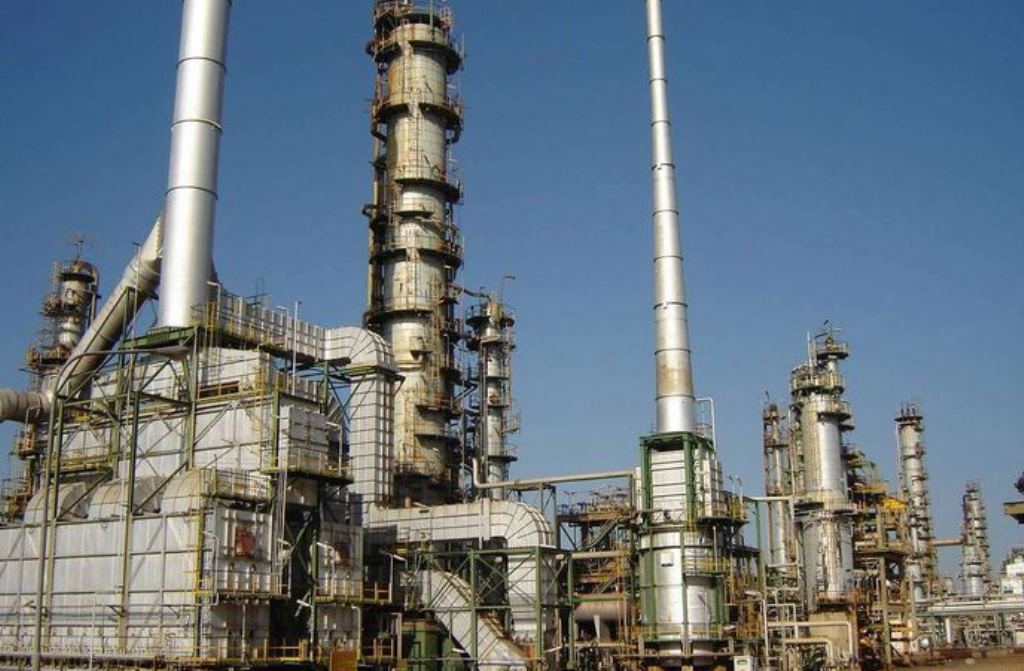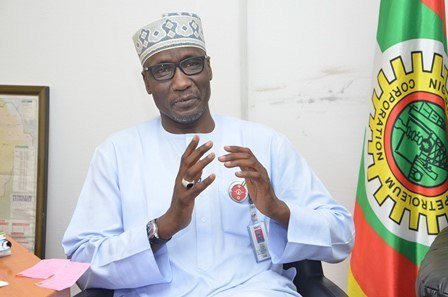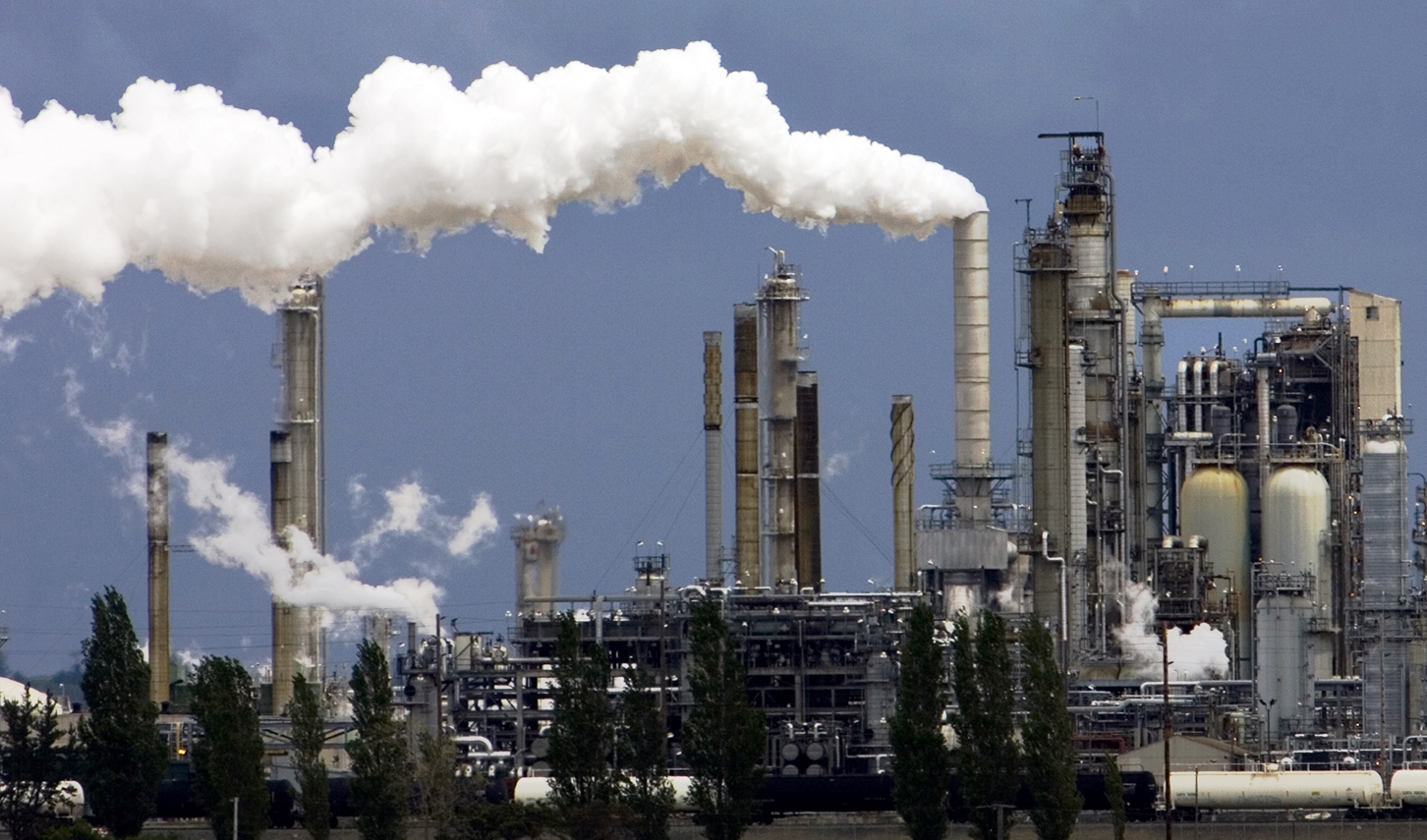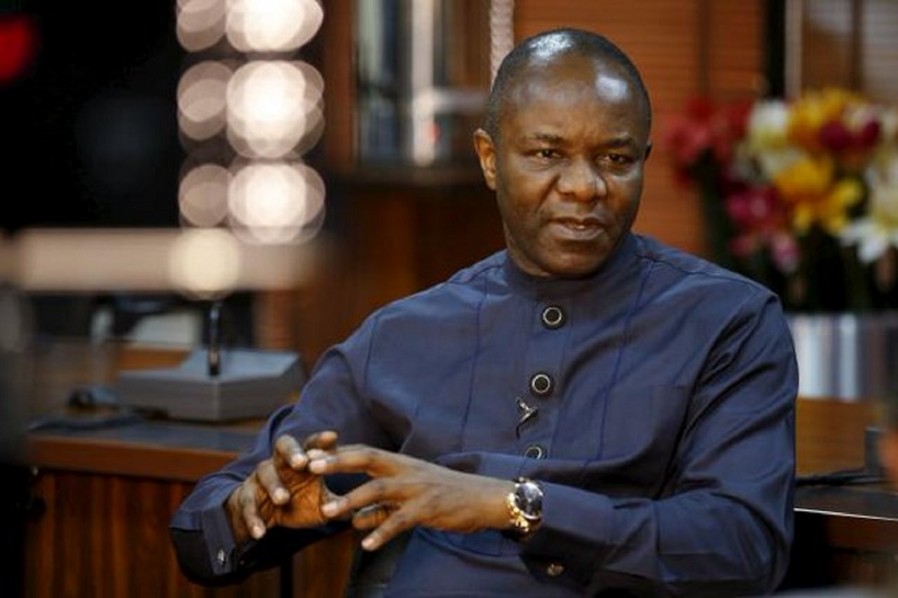The Group Managing Director (GMD) of Nigerian National Petroleum Corporation (NNPC), Mr Mele Kyari has given reasons why the nation’s refineries are not operational.
Kyari made the submission when he appeared before the House of Representatives Committee on Petroleum Upstream on Thursday at the National Assembly Complex in Abuja.
The GMD appeared before the committee at a 2021 Budget Defense hearing, where he defended the Corporation’s 2021 Budget.
Kyari speaking before the committee said NNPC deliberately shut down the nation’s refineries because they no longer make sense to be operated.
He said that the NNPC was unable to supply crude oil to the refineries, adding that it was only the Escravos pipeline which the NNPC managed to sustain through contracting process.
According to him, it is practically impossible to run pipelines at their optimum capacity.
“For instance, to run Kaduna and Warri refinery, you need to deliver 170,000 barrel of oil per day so that both will operate at 70 per cent capacity,” he said.
Kyari said that at the moment, it only had over 5,000 kilometers of pipelines with 13 fuel depots, which according to him must be protected to forestall the activities of vandals.
“And I can tell you today that except the Atlas cove to Ibadan line and also the Portharcourt to Aba line, none of these pipeline is serviced.
“We cannot flow product into these lines, the cheap one is to say they are aged but the real reason is that the level of activities of vandals on these lines is gross, monumental and profound.
“At every point within a month we fix 80 vandal points, the option is to shut them down and the result of having one depot is what we have seen in Lagos,” he said.
The GMD said that the activities of vandals made it impossible for pipelines to be operated, adding that from January to June it had lost petroleum product close to N43 billion.
Kyari said that to protect the pipelines, the NNPC had to engaged the service of security agencies to curtail the activities of vandals.
He urged the House of Reps to urgently pass the Petroleum Industry Bill (PIB), adding that the passage would encourage investors in the sector.
Kyari said that by the end of December there would be hope for the Petroleum sector, adding that the NNPC would declare dividends to the Nigerian people.
He promised to run the corporation with transparency and accountability adding that the NNPC had published its audited report of 2018 and 2019, which according to him had not happened before.
Meanwhile, the NNPC under Kyari received commendation from the committee for breaking new grounds in its commitment to transparency and accountability.
The committee commended the Management of NNPC for defending the Corporation’s budget at the National Assembly in a timely manner.
Chairman of the Joint Committees, Hon. Musa Sarki Adar gave the commendation.
“We have the GMD and his management team here to defend their budget, we appreciate this. We have witnessed what this parliament has never seen before, I stand to be corrected,” Adar remarked.
The Chairman who said he was initially skeptical about the GMD’s TAPE agenda, explained that he was beginning to see its positive impact through the GMD’s performance so far, adding that Kyari has done a lot for the country within a short time.



